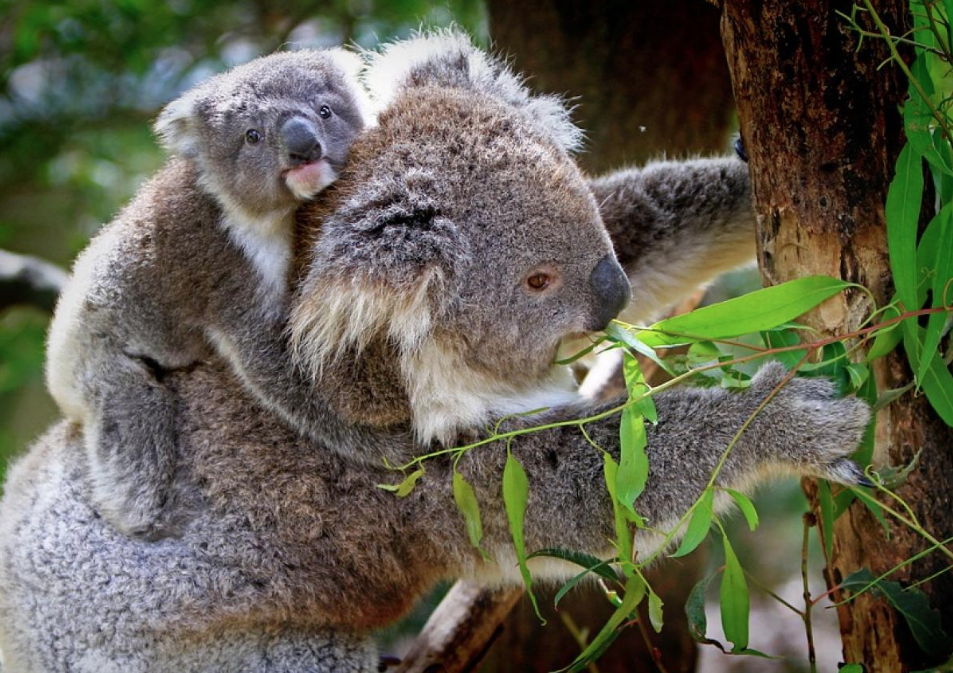A long-standing rule in evolutionary biology is that ruthlessly selfish natural selection favors traits that help increase reproductive success. This usually means that the “force” of selection is equipped to eliminate harmful mutations that arise early in life and during the reproductive years.

But with age, fertility declines and selection is said not to see what is happening in our bodies. After menopause, cells become more vulnerable to harmful mutations. In the vast majority of animals, this means that death comes soon after fertility ends.
But humans and some whale species are in a unique club: A club of animals that continue to live long after their reproductive lives have ended. How is it that we can live in the shadow of selection for decades?
“From the point of view of natural selection, longevity after menopause is a puzzle,” says Michael Gurven, professor of anthropology at the University of California, Santa Barbara (UCSB). In most animals, including our closest primate relatives, chimpanzees, the link between fertility and longevity is clear, with survival probability declining in tandem with reproductive ability. But in humans, women can live for decades after their ability to have children ends. “We’re not just gaining a few years; we’re transitioning to a post-reproductive stage of life,” says Gurven.
In a paper published two days ago in the Proceedings of the National Academy of Sciences, senior author Gurven, together with population ecologist Raziel Davison, formerly a postdoctoral research fellow at UCSB, challenges the long-held view that the force of natural selection in humans should decline to zero once reproduction is complete.
The scientists argue that longevity after the reproductive period is not only due to new advances in health and medicine. “The potential for longevity is part of who we are as humans,” says Gurven. “It’s an evolving feature of the life course.”
So what’s the secret to our success? Our grandparents.
“Opinions about the potential value of older adults have been around for some time,” says Gurven. “Our paper gives shape to these views and asks what this selection power might be when you take into account the contributions of older adults.”
For example, one of the leading views of longevity in humans is the Grandmother Hypothesis. According to this idea, mothers’ mothers, through their efforts, help to increase the probability of their grandchildren surviving, making it possible for their daughters to have more children. Such fitness effects help to pass on the grandmother’s DNA to the next generation.
“So it’s not about reproduction, it’s about a kind of indirect reproduction,” says Davison. “The ability to pool resources and not rely solely on your own efforts is a game-changer for highly social animals like humans,” Davison says.
In their paper, the researchers take the essence of this idea – intergenerational transfers, or resource sharing between old and young – and show that it plays a fundamental role in the strength of selection at different ages. Food sharing in non-industrialized societies is perhaps the most obvious example.
Author: Sonia Fernandez/University of California – Santa Barbara.




